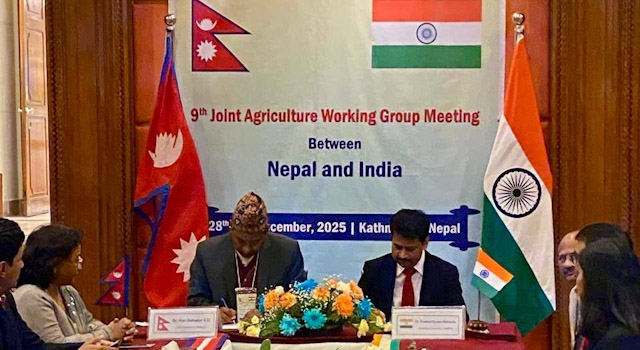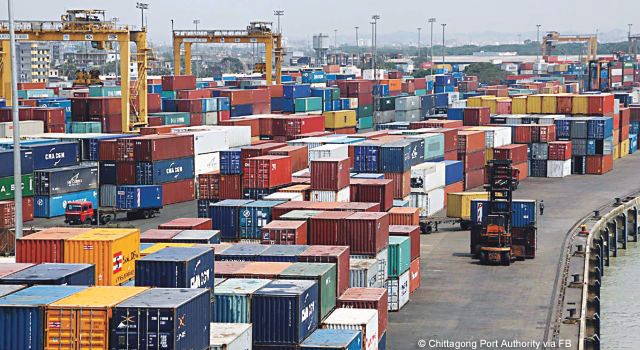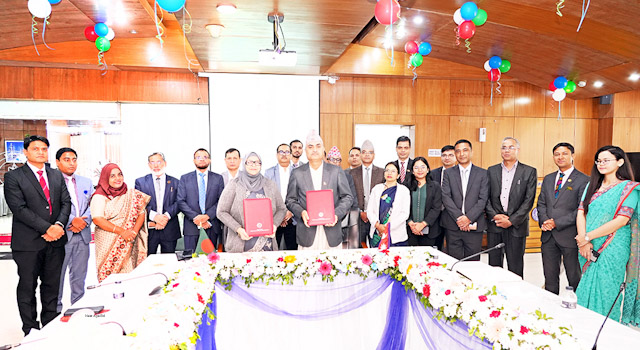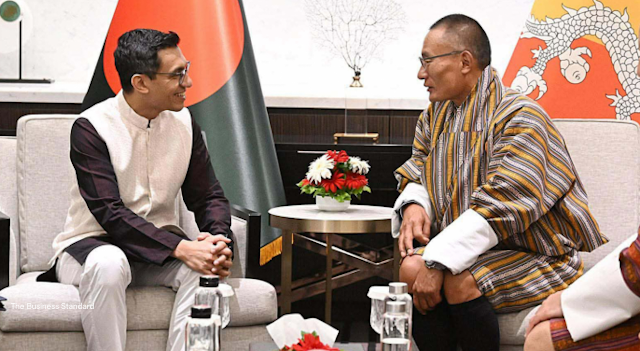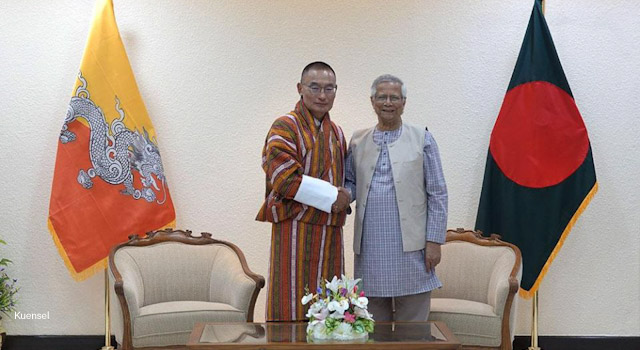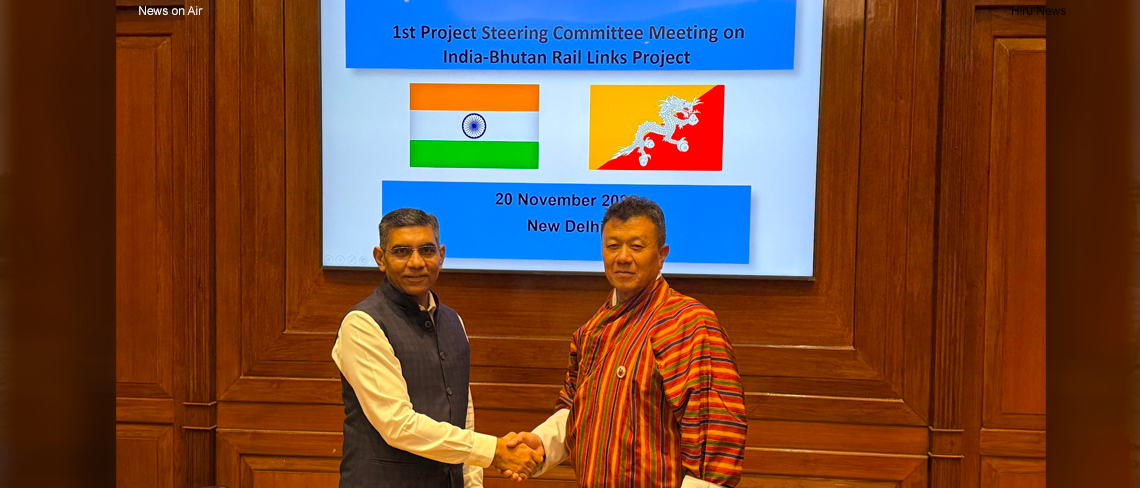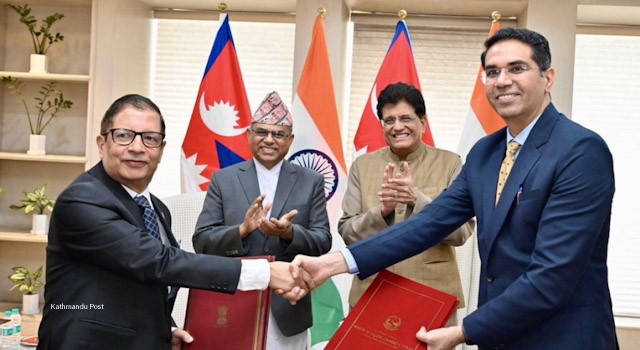
Bangladesh Government Clears Grid Interconnection Projects to Boost Energy Supply
1 April 2015
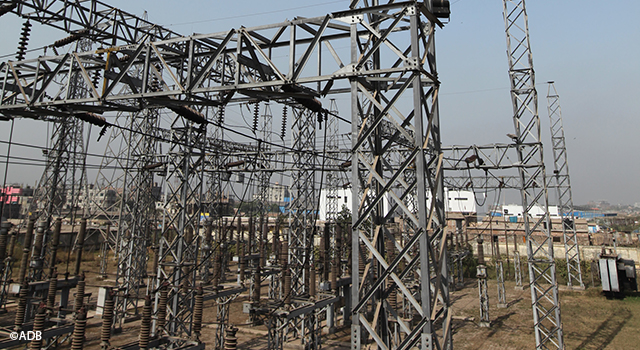
The Government of Bangladesh gave the go signal for two energy projects that will boost the country's capacity to import electricity from India. The two projects, roughly amounting to $204.6 million, will allow the country to import 600 megawatt (MW) electricity by boosting the country's transmission capacity and establishing a substation.
The Bheramara-Bahrampur grid interconnection project is expected to bring in 500 MW of energy imports from India. Key outputs include (i) creation of one new high voltage direct current back-to-back substation of 400/230 kilovolts (kV); (ii) creation of 40 km of 400 kV direct current transmission lines from Bheramara to the Indian border; (iii) creation of 5 km of 230 kV direct current loop-in loop-out and 230 kV switching station at Bheramara substation. The facility also has provision to expand power flow to 1,000 MW. The Power Grid Company of Bangladesh Limited (PGCBL), the executing and implementing agency, is expected to complete the project by June 2018.
The Government of Bangladesh also cleared a project to fund and construct a transmission line from Tripura, India to Comilla, Bangladesh, and build a sub-station in Comilla. The Tripura-Comilla grid link project will import an additional 100 MW from India. PGCBL will set up the 43-kilometre line by June 2016.
Chronic power shortages and frequent blackouts have led to substantial economic losses in Bangladesh. To sustain economic growth and mitigate further losses, the Government of Bangladesh envisions ensuring a reliable supply of electricity to the country, and aims to add 20,000 MW generation capacity by 2020.
The Asian Development Bank (ADB) is funding interconnection facilities for the Bheramara-Bahrampur grid link project through the Bangladesh-India Electrical Grid Interconnection Project, under the South Asia Subregional Economic Cooperation (SASEC) Program. The project aims to facilitate the exchange of electricity between the two countries, helping address significant power shortages in Bangladesh. The $112 million loan was approved by ADB in 2010, and is supplemented with counterpart financing of $87 million from the Government of Bangladesh.
Regional grid connectivity—a priority area under energy cooperation in South Asia—demonstrates the substantial benefits that come from enhanced regional cooperation, and helps address the region's energy gap. ADB supports dialogue on South Asia regional energy cooperation through the SASEC Electricity Transmission Utility Forum formally established as a technical sub-committee of the Energy Working Group in 2013, and South Asian Association for Regional Cooperation (SAARC) Regional Energy Trade Study, concluded in early 2010.
Related Links:




